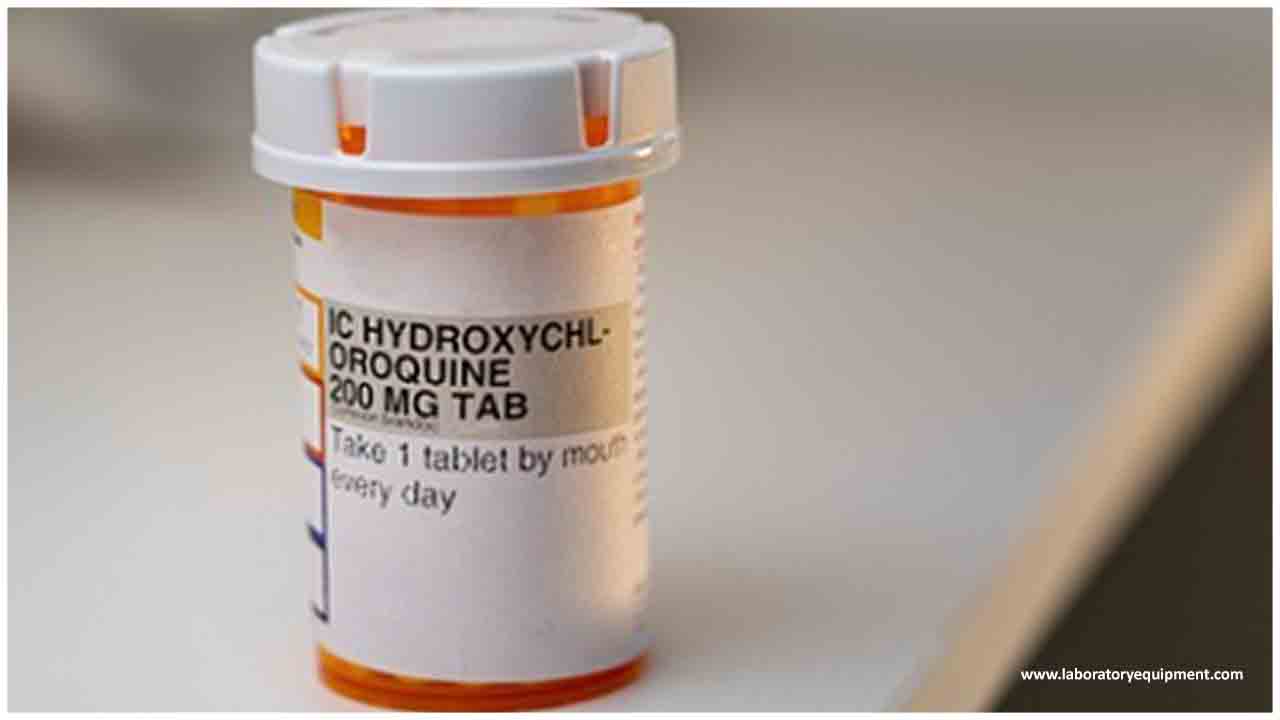English researchers ended an enormous preliminary on Friday that had been investigating the utilization of the counter jungle fever sedate hydroxychloroquine in patients with the pandemic ailment COVID-19 after introductory outcomes indicated no proof of advantage.
"We audited the information and finished up there is no proof of a gainful impact of hydroxychloroquine in patients hospitalized with COVID, and chose to quit enlisting patients to the hydroxychloroquine arm with quick impact," said Martin Landray, an Oxford University teacher who is co-driving the supposed RECOVERY preliminary.
"This isn't a treatment for COVID-19. It doesn't work," he said.
"This outcome should change clinical practice around the world," he included. "We would now be able to quit utilizing a medication that is futile."
The counter malarial medication has been profoundly disputable since US President Donald Trump said the medication could be a potential "distinct advantage" in the coronavirus pandemic and after an examination distributed in clinical diary The Lancet a month ago, which drove a few COVID-19 investigations to be ended.
The Lancet study was withdrawn late on Thursday.
Landray, who is a teacher of medication and the study of disease transmission at the University of Oxford, noticed that "there has been enormous theory and vulnerability about the job of hydroxychloroquine as a treatment for COVID-19" yet - as of recently - "nonattendance of dependable data from huge randomized preliminaries".
He said the fundamental outcomes from the RECOVERY preliminary, which was a randomized preliminary - were currently very clear: hydroxychloroquine doesn't lessen the danger of death among hospitalized patients with COVID-19.
"In case you're admitted to the emergency clinic, don't take hydroxychloroquine," he said.
An aggregate of 40,261 individuals has passed on in emergency clinics, care homes, and the more extensive network in the wake of testing positive for the infection, up 357 from Thursday.
The UK is just the subsequent nation - after the US with 108,000 deaths - to pass the achievement.
In March, the UK's research consultant said restricting deaths to 20,000 would be an "acceptable result".
At the every day Downing Street instructions BBC wellbeing editorial manager Hugh Pym got some information about this evaluation, to which Health Secretary Matt Hancock answered that it had been "a period of distress for all of us".
Every demise speaks to "a family that will never be the equivalent again", he stated, including: "My heart goes out to them all and it causes me to intensify my assurance to manage this infection."

 The anti-malarial drug has been highly controversial since US President Donald Trump said the drug could be a potential "game-changer" in the coronavirus pandemic.
The anti-malarial drug has been highly controversial since US President Donald Trump said the drug could be a potential "game-changer" in the coronavirus pandemic.









.jpeg)

.jpeg)
.jpeg)

.jpeg)


.jpeg)



.jpeg)
.jpeg)
.jpeg)


.jpg)


.jpeg)
.jpeg)